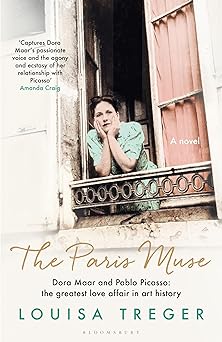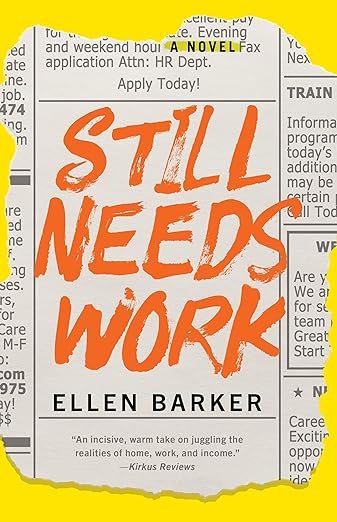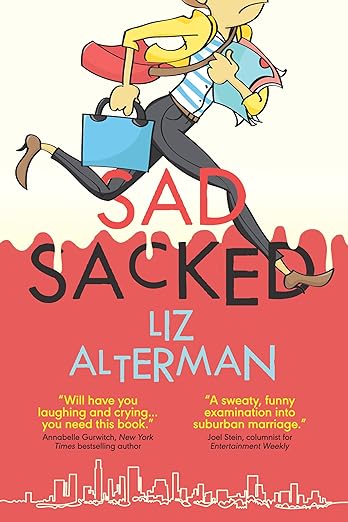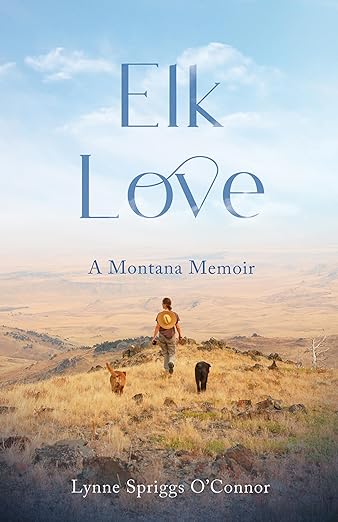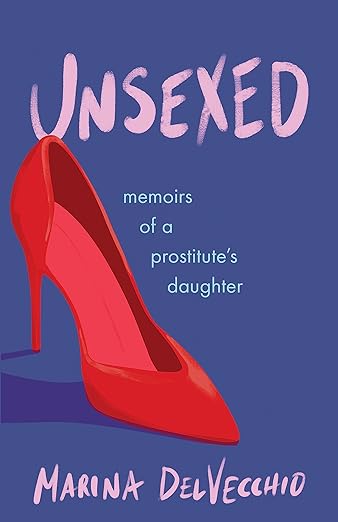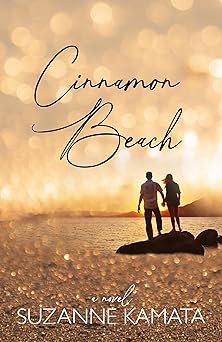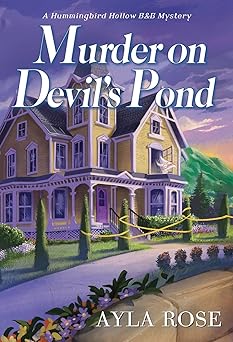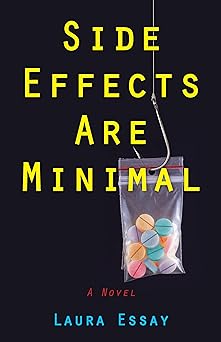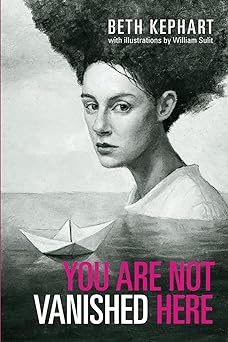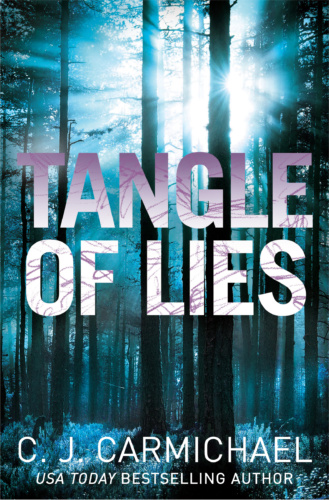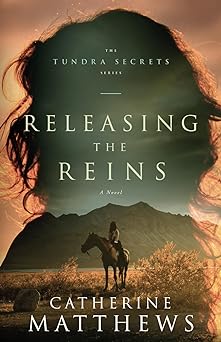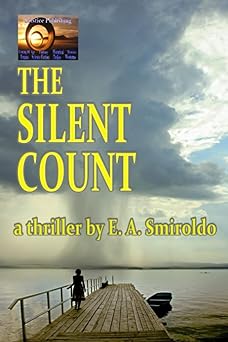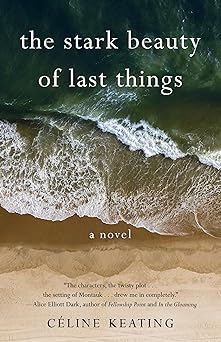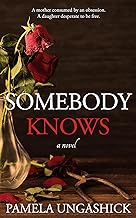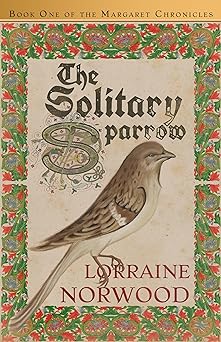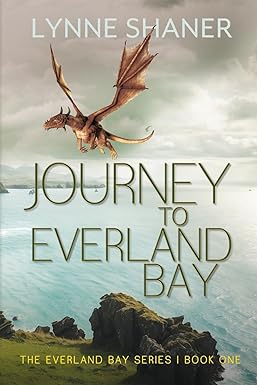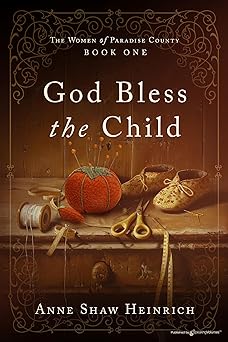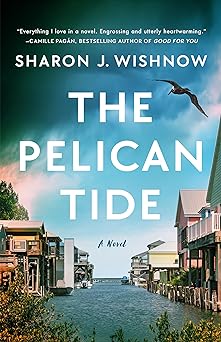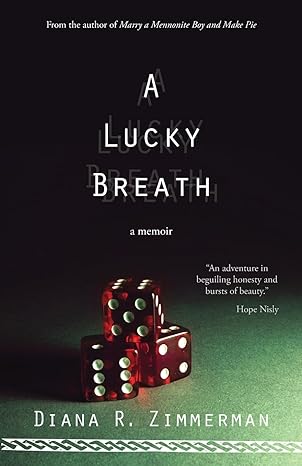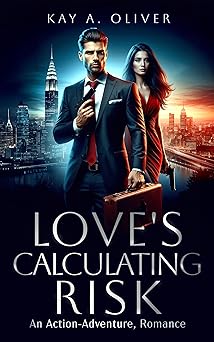Revising the Cautionary Tale of My Parents’ Arranged Marriage
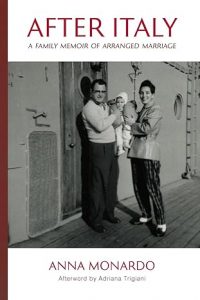 My parents’ wedding album was as large as a coffee table and had the heft of Moses’s tablets. As a kid, I loved to sneak into their walk-in closet, pull the album onto my lap, and study it: There was my mother holding her cascading bouquet, my father in white tie and his serious wire-framed eyeglasses. In the photos, their smiles were so lush, I felt sorry for any family that wasn’t us.
My parents’ wedding album was as large as a coffee table and had the heft of Moses’s tablets. As a kid, I loved to sneak into their walk-in closet, pull the album onto my lap, and study it: There was my mother holding her cascading bouquet, my father in white tie and his serious wire-framed eyeglasses. In the photos, their smiles were so lush, I felt sorry for any family that wasn’t us.
I was still young when my mother explained that my parents’ marriage had been arranged in letters written by their mothers, who were cousins: It was 1948, and if my father, an Italian doctor, married my mother, a U.S. citizen, he could immigrate to the U.S., where he’d establish his career and send help back to his family in war-devastated Calabria. A “marriage of convenience” was not unusual in my family’s Southern Italian village; but to me, growing up in the suburbs of Pittsburgh, the news was shocking. I wanted to believe that our family had blossomed from nothing less American than a love match.
How embarrassing, to have your parents find the guy for you to marry!
My mother reassured me: “If I didn’t like him. I wouldn’t have had to marry him, but I liked him right away.” In those wedding photos, despite their ten-year age difference, they actually gazed at each other.
So, it was unsettling, as I got older, to see my father’s pinched frown as he delivered his daily goodbye kiss somewhere in the vicinity of my mother’s face, and there was her checked fury as she received not the actual kiss but its shadow. Rarely did I see them touch. My only conclusion was that their marriage—which I’d assumed was the gold standard—had been tainted by that arranged-marriage business. Apparently, a marriage that looked good at the start might be the most dangerous match of all, giving no hint of when the joy would unravel.
You had to be vigilant or you’d end up in those squabbles, the tide turning; maybe best to avoid it. My favorite let’s-play-house scenario was Let’s pretend we’re divorced. “We each have a baby,” I’d suggest to my playmates, “and we know how to drive.” None of the women in my family had a driver’s license, which, it seemed to me, was another potential source of adult unhappiness. I knew I’d one day write a book; the overriding message would be how necessary it was to find the perfect union, based only on the truest love—whatever that was.
I vowed I’d never do what my mother did: marry a guy after knowing him only a few months, marry a guy much older than I was, marry a guy for some practical reason.
I went to college, and I learned how to drive. And I filled journals with the stories of my boyfriends. In each relationship, relentlessly cautious, I tested the guy, tested myself, often wearing down the goodness that had brought us together. I managed to stay unmarried until I was thirty-nine, filling more journals as I struggled to decide if I had it in me to become a single mother, or was it time to give up my dream of raising a child? And then one day at the elevator of the university building where I taught, I met a visiting poet. He was smart. He made me laugh. He was thirteen years older than I was.
Of course, I had heard the advice to never marry until you’d been with your partner at least a full year and observed them in every season and during every holiday. Our Memorial Day was great. Ditto Flag Day. Some practical Old World voice inside me said, Let’s not waste time. Said, Do you want a baby or not?
In essence, I was arranging my own marriage.
Yet, as I made my calculations, I was fairly sure the poet was making his, too. His ex-wife had recently remarried, and now, if he married a younger woman, it might be easier to walk around town. But all that aside, he was a guy who liked being married, wasn’t afraid. One Monday at dinner, four months after we’d met, we began to talk about marriage; the following Friday afternoon, the justice of the peace arrived and we had a small wedding.
Sometimes blissfully, sometimes not, my husband and I were together five years, through three miscarriages, living a full spectrum of married life, the ups and downs so far-ranging, I often asked myself, What am I here to learn? How harshly I had judged my parents for their lapses of happiness in marriage, blaming anything that looked less than perfect on what seemed to me to be the compromise inherent in arranged marriage; in fact, I was looking at the compromise inherent in any marriage. Back then, I knew nothing about the way troubles in marriage move like water—ever shifting—and it’s often not clear if you’re swimming or drowning. You can’t know this until you’re navigating the rapids of your own married life. Every time my husband and I floated into peaceful water, I believed fully in our marriage. And when the undertow caught us, it was in a way I never could have imagined on the pages of my journals.
For fifteen years, I worked on After Italy: A Family Memoir of Arranged Marriage, the narrative deepening as each of my childhood assumptions about marriage was challenged. Now, when I look back on my own brief marital courtship, I see that it was possible to be calculating and at the same time to fall in love. I’m grateful I allowed it to happen. Who knows, maybe that same mix of calculation and passion was exactly what had happened to my parents as they moved toward their own marriage of convenience.
—
Anna Monardo grew up in Pittsburgh, with strong ties to her Calabrian family. Her memoir, After Italy: A Family Memoir of Arranged Marriage, was published by Bordighera Press in May 2024. She is also the author of two novels published by Doubleday: The Courtyard of Dreams and Falling in Love with Natassia. Learn more at annamonardo.com
Category: On Writing




